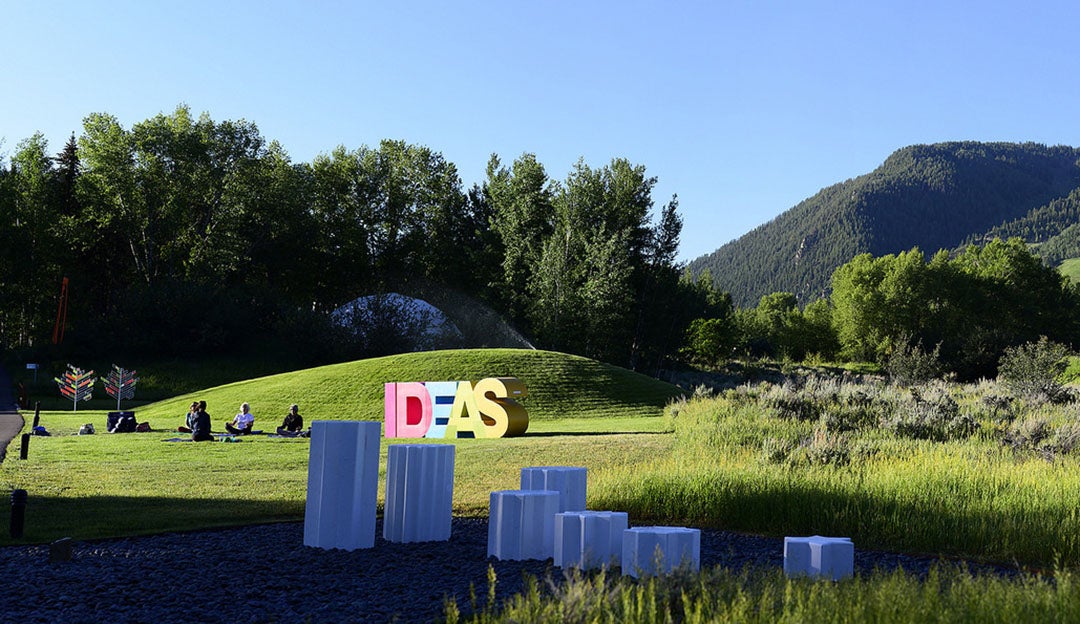David K. Gibson is here to guide readers through the experience of attending the 2017 Aspen Ideas Festival and Spotlight Health.
Here are a few things I have learned over the past few days:
Arati Prabhakar is a technologist you should be listening to whenever you have the chance.
Any session with David Rothkopf is going to be insightful and hopeful.
Any lunch session at the Hotel Jerome is going to have some incredible chocolate-chip cookies. (And some amazing conversation.)
Joshua Johnson is going to heal our nation one radio segment at a time, or die trying.
I confess that I’ve become a little anxious over the last three days, and it’s not just the hypoxia. I took a deep dive across program tracks during AIF session one, and here are some things I learned.
- Gene editing technology will lead to a bifurcated society of the genetically perfected wealthy and the still-sick masses. If we don’t do something.
- Democracy is fundamentally broken, because political divisions (and the very concept of truth) have been manipulated in new and frightening ways. And we’re going to have to do something about that.
- The rule of law is under assault. Trust in our institutions is wearing away. The companies we interact with every day — while communicating with friends and family — are keeping tabs on our every move, and probably know more about us than our significant others do, and you have no real way of knowing just how much they know. And all of this — all of this! — is something that’s got the fixed.
I feel a bit like I have stumbled into the Aspen Intractable-Problems Festival. For the last dozen years, we’ve been working on solving problems like poverty and education, inequality and climate change at this festival. This year, it seems that we’re having to take a step back, and readdress the entire approach. We are suddenly asking, if we can’t count on people to find and trust facts, how can we get them to buy into our Big Ideas?
But I am reassured. Not hopeful, quite, but heartened by the quality of the questions coming from the audiences, and from quality of thought that presenters are putting into defining these problems. I am cheered by conversations eavesdropped upon, and the willingness of participants to engage in conversation with people they don’t agree with.
I do not believe that the people here in the Marble Garden Tent are going to save the world, though I believe that quite a few of them are going to do their best. But I believe that this sample of people (demographically skewed, to be sure) is representative of good people in the world at large. I still have hope that we, as a species, still believe in the power of a great idea to solve a big problem. And we all have great ideas.

